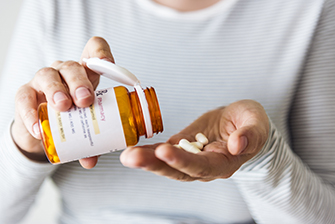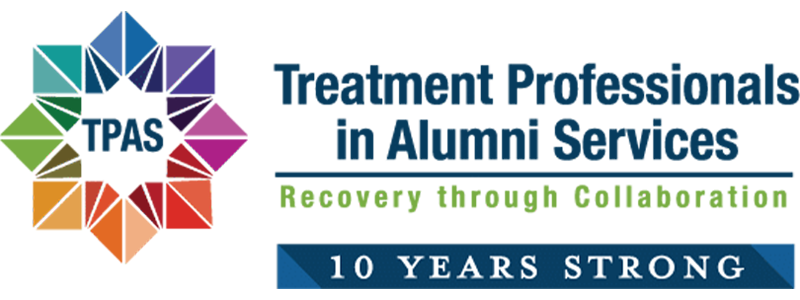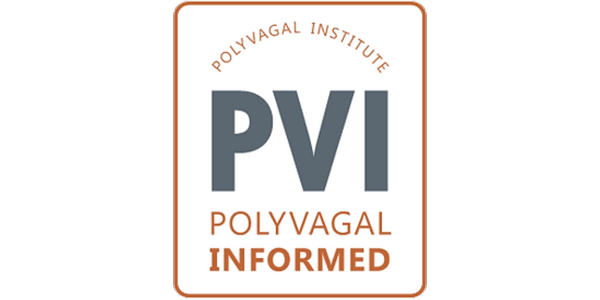Medicated-assisted treatment is a hot-button topic in today’s behavioral health society. Many individuals believe it is just trading one drug for another, “allowing” the individual to keep using drugs — just in a legal way. However, others believe it is the best way to become sober from strongly addictive substances to allow for long-lasting recovery. Keep reading to learn more about medicated-assisted treatment for addiction and how it can be so effective in aiding with long-term recovery from substances.
What is Medicated-Assisted Treatment?
The official definition for Medication-assisted treatment (MAT) provided by the US Department of Health and Services is that MAT is the use of medications, in combination with counseling and behavioral therapies, to provide a “whole-client” approach to the treatment of substance use disorders. Medications used in MAT are approved by the Food and Drug Administration (FDA) and MAT programs are clinically driven and tailored to meet each client’s needs.
Medicated-assisted treatment is wide-ranging, allowing for the safe detoxification from substances such as opioids and alcohol. The danger of relapse is the highest in the first 90 days of sobriety when withdrawal symptoms are at their peak. By being able to have a safe and less uncomfortable detox, the individual is given the best chances for recovery by lowering the risk of relapse.
Withdrawal Symptoms
Depending on the substance used, the length of the addiction, and the severity of use, withdrawal symptoms can be wide-ranging. Some individuals may experience all of them, some individuals may only experience some. Usually, the first withdrawal symptoms appear within the first few hours of the last dose and can continue for up to 2 weeks, with some acute symptoms (such as anxiety) lasting for months or years.
The most common withdrawal symptoms from substances include:
- Anxiety
- Diarrhea
- Delirium Tremens
- Excessive sweating
- Flu-like symptoms
- Goosebumps
- Hot and cold flashes
- Insomnia
- Muscle cramps/body aches
- Nausea
- Runny nose
- Vomiting
Medications for Medicated-Assisted Treatment
In addition to medications to help with symptoms such as sleep and anxiety, the FDA has approved certain medications to help curb cravings and ease the body’s chemical imbalance out of “addiction mode” and back into its natural state.
These medications include:
FDA-approved buprenorphine products approved for the treatment of opioid dependence include:
- Bunavail (buprenorphine and naloxone) buccal film
- Cassipa (buprenorphine and naloxone) sublingual film
- Probuphine (buprenorphine) implant for subdermal administration
- Sublocade (buprenorphine extended‐release) injection for subcutaneous use
- Suboxone (buprenorphine and naloxone) sublingual film for sublingual or buccal use, or
- sublingual tablet.
- Subutex (buprenorphine) sublingual tablet
- Zubsolv (buprenorphine and naloxone) sublingual tablets
FDA-approved methadone products approved for the treatment of opioid dependence include:
- Dolophine (methadone hydrochloride) tablets
- Methadose (methadone hydrochloride) oral concentrate
FDA-approved naltrexone products approved for the treatment of opioid dependence include:
- Vivitrol (naltrexone for extended-release injectable suspension) intramuscular
FDA-approved methadone products approved for the treatment of alcohol dependence include:
- Acamprosate
- Disulfiram
- Naltrexone
Statistics on Medicated-Assisted Treatment
There is no one, cookie-cutter way to become sober and stay sober. For many individuals, quitting stone cold isn’t realistic. It can cause unnecessary harm and discomfort to the body. That is why medicated-assisted treatment can be so effective.
Some statistics on the effectiveness of medicated-assisted treatment include:
- An estimated 2 million people had an opioid use disorder which includes prescription pain medication containing opiates and heroin.
- MAT has proved to be clinically effective and to significantly reduce the need for inpatient detoxification services for these individuals.
- The ultimate goal of MAT is full recovery, including the ability to live a self-directed life.
- This treatment approach has been shown to:
- Improve client survival
- Increase retention in treatment
- Decrease illicit opiate use and other criminal activity among people with substance use disorders
- Increase clients’ ability to gain and maintain employment
- Improve birth outcomes among women who have substance use disorders and are pregnant
- Research also shows that these medications and therapies can contribute to lowering a person’s risk of contracting HIV or hepatitis C by reducing the potential for relapse. Learn more about substance misuse and how it relates to HIV, AIDS, and Viral Hepatitis.
Do I Need Medicated-Assisted Treatment?
If you are wondering whether or not you need medicated-assisted treatment, ask yourself these five questions:
- Am I unable to quit on my own, no matter how well-intentioned or determined I am?
- Are my family and friends concerned about my well-being?
- Do I find myself constantly defending my use?
- Have I experienced negative consequences due to my substance use?
- Do I spend a lot of time finding substances, thinking about substances, being hungover from substances, and being high on substances?
If you answered yes to any of these questions, medicated-assisted treatment can help you. Instead of feeling the discomfort of those debilitating withdrawal symptoms for days and days, you can go through detox with less discomfort and focus on the therapy needed to help you in your new stage in life.
About The Pointe Malibu Recovery Center
The Pointe Malibu Recovery Centers’ highly trained and experienced physicians, nursing staff, and clinicians guide our clients through the medical detox and stabilization process. Without skilled medical supervision, withdrawal can be uncomfortable, dangerous, and even life-threatening.
Our medical team works closely with each client to minimize the acute physical symptoms of withdrawal associated with stopping drug and/or alcohol use. Nursing care and Incidental Medical Services (IMS) are available around-the-clock to monitor clients’ status, provide relief from withdrawal symptoms, and ensure clients’ safety. Our medical approach utilizes medications to reduce the severity of withdrawal symptoms and vastly diminishes any risk of life-threatening dangers during stabilization.
Completion of medical detox is a good starting point to launch recovery from substance abuse and/or stabilization for mental health issues but it’s only the first stage of treatment. The vast majority of clients will require additional treatment to build and maintain long-term sobriety and establish emotional stability.
If you’re ready to start your journey to long-lasting recovery, we are here for you.





